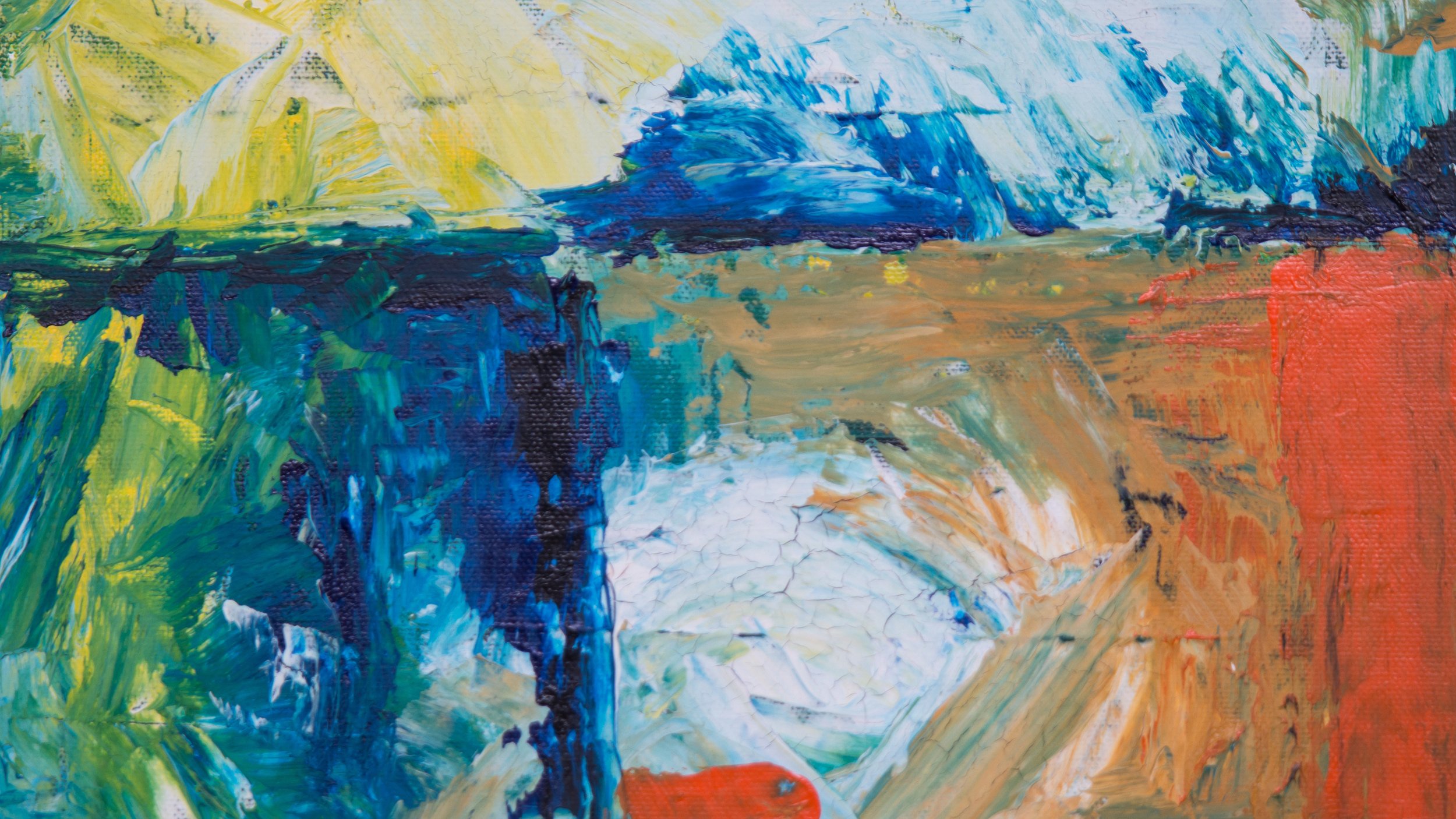3 things you should know about disability and mental health
How embracing disability pride improved my mental health
By Jillian King
(Steve Johnson / Pexels)
“I have always felt like an open wound, a scrape missing a band-aid. But I think I can learn to embrace it…” reads a diary entry from a 15 year old version of myself. I wrote this only a few months after I had spent a week at an inpatient psychiatric center.
Looking back on it now, my journey with disability started then. My adolescence was filled with intensive therapy and just about every category of psychiatric medication dominating the market. I have diaries documenting those years sitting on my bedroom bookshelf, filled with everything my hypersensitive mind poured into their pages.
In working in and embracing disability justice, I feel that I have learned to embrace the vulnerability I have always felt. Here’s what I’ve learned:
Disability comes with a sense of identity.
I began to understand my identity within the disability community when I developed chronic pain at 18. In thinking of Disability Pride, I felt it through radical acceptance of my disabilities. Understanding and coping among my community.
Over time and in losing my vision at 20, I have embraced more traditional pride in disability. Seeing my community and my disabilities as an authentic part of who I am today.
2. It’s a unique and personal process for each disabled person.
Because disability is not a monolith, the perspective around disability pride and how disability impacts mental health is incredibly nuanced. Perspectives and mental health outcomes vary due to multiple factors, including if someone was born disabled or experienced a progressive disability.
3. Disability can feel isolating, but there’s an opportunity to find an incredible community.
Many may misunderstand the disabled community’s higher depression rates to be due to disability itself. The prevalence of depression within the disabled community is significant, an estimated 24%-41% higher than nondisabled people. But an important aspect of research lies in the truth of correlation not equaling causation, and our community’s mental health rates have far more to do with inaccessibility than disability itself. When becoming disabled closes us off from opportunities and opens us up to new (or added) discrimination, higher rates of depression can seem unavoidable.
When looking at other factors contributing to coexisting disability and depression, studies show that social isolation is a leading factor. In organizing and receiving community care, I have found solace and support. The pride I feel in my disabilities and how I manage my mental health are intrinsically linked, and I wouldn’t have it any other way.
Although my sight loss was a traumatic experience that I continue to grieve and process in therapy, I wouldn’t change my disabilities and lose the community and values that came with them. I lost my vision quickly and with little warning, but have found that my community has helped me heal.
I was embraced by the blind community, and connected with resources and opportunities without hesitation. I had a village – just as I dreamed of when starting this work. Not only in the blind community but in the form of local disabled kin, dedicated to looking out for their own.
The last few years of advocacy work have ushered in a sense of hope that a 15 year old version of myself would be stunned by.
Jill King is a disability and mental health advocate based in rural Georgia.
She was a member of Mental Health America's 2022-2023 Youth Mental Health Leadership Council and co-founded the Students with Disabilities Advocacy Group in 2021.


